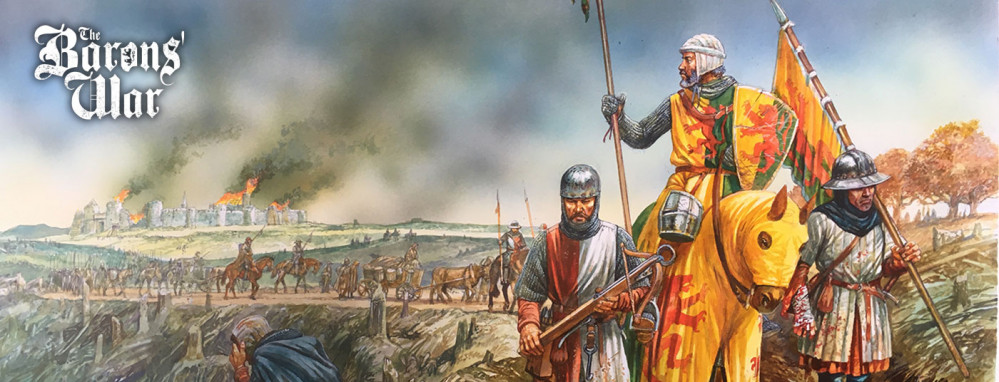
PanzerKaput Goes To Barons' War
Geoffrey de Mandeville
Geoffrey de Mandeville, another of the east of England rebels, was the son and heir of Geoffrey FitzPeter, earl of Essex, long-serving justiciar to both Richard and John, by his first wife Beatrice, daughter of William de Say and eventual heiress of the Mandeville earls of Essex. By virtue of the family’s ancestral connection Beatrice’s children styled themselves Mandevilles.
Geoffrey’s first marriage was to Maud, daughter of Robert FitzWalter, another important Essex landowner and the man who was to be effective leader of the baronial rebellion against John. Robert once sprang to the defence of his son-in-law when the latter killed a serving man in a dispute over lodgings at court and John threatened to hang him, declaring ‘By God’s body, you will not hang my son-in-law, you’ll see two hundred lanced knights in your land before you hang him!’ When the king put the case up for trial, FitzWalter appeared in court with two hundred knights.
Maud (Mandeville) died without issue and was buried in Dunmow priory (Essex). In January 1214 Geoffrey took as his second wife Isabella, third daughter and coheiress of William, earl of Gloucester, and the divorced ex-wife of King John. The match appears to have been forced on Geoffrey unwillingly, and to add to the probable sense of annoyance he felt, he was made to pay for his wife, and to do so heavily. Ever desperate for money, John charged Geoffrey a ruinous fine of 20,000 marks (about £13,666), this to be paid in four instalments each of 5,000 marks, the last to be handed over in Michaelmas 1214, with the proviso that the king might resume Isabella’s lands if the payments were to fall into arrears. The first instalment of the sum was set to be paid before the king set sail to Poitou in February 1214, a date entirely unrealistic, and when Geoffrey failed to meet it, the king ordered the sheriffs to put in hand measures for resumption. By August, however, Geoffrey was evidently beginning to give satisfaction, and John ordered delivery to him of his wife’s honour of Gloucester.
In the light both of his grievances against John and of his family ties with Robert FitzWalter, it is not surprising to find Geoffrey on the rebel side in 1215. In June he was named to the Twenty Five and, when the barons parcelled out the government of the country in the autumn, he was assigned responsibility for Essex.
He met his death by accident in a tournament with a French knight in London in February 1216, and was buried in Holy Trinity priory, Aldgate.









































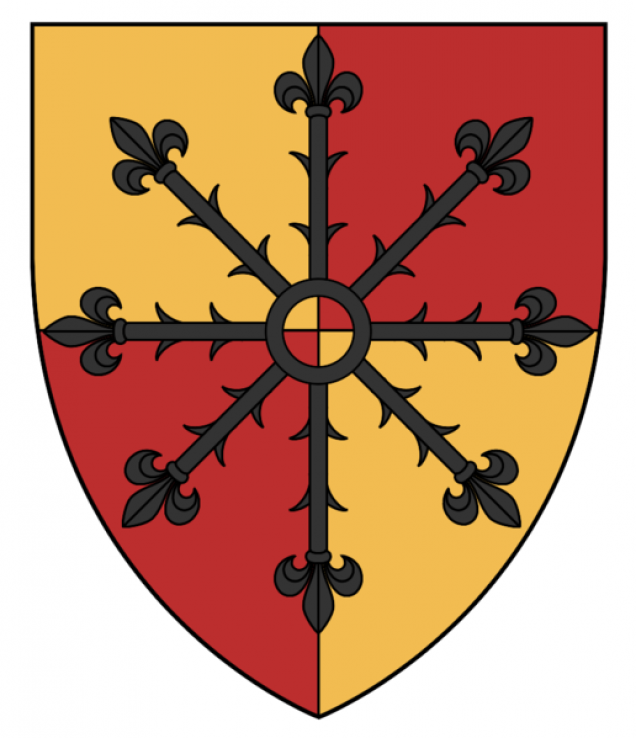










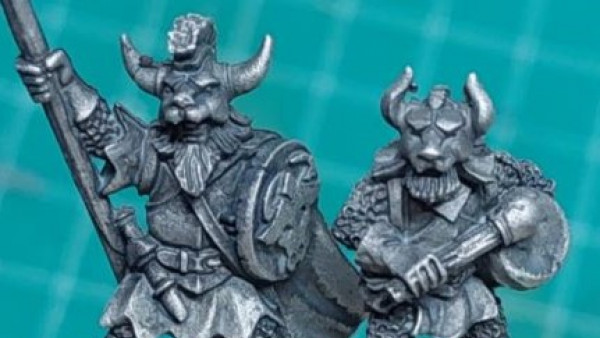

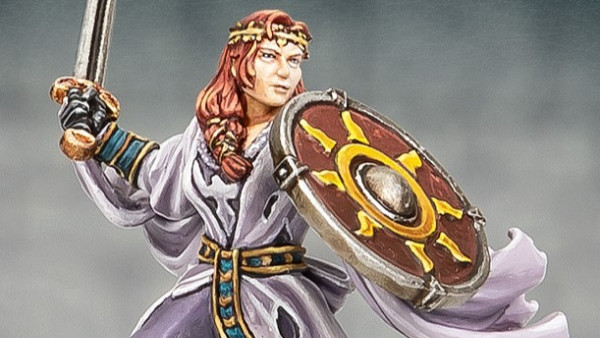
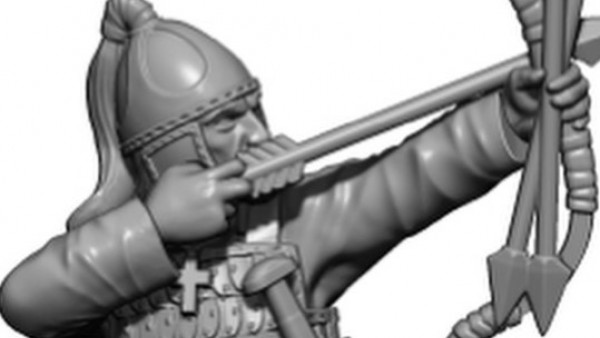
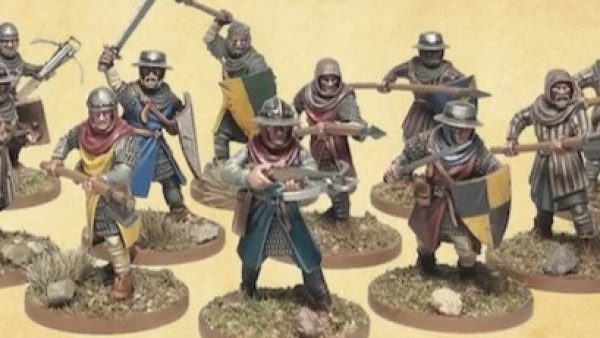
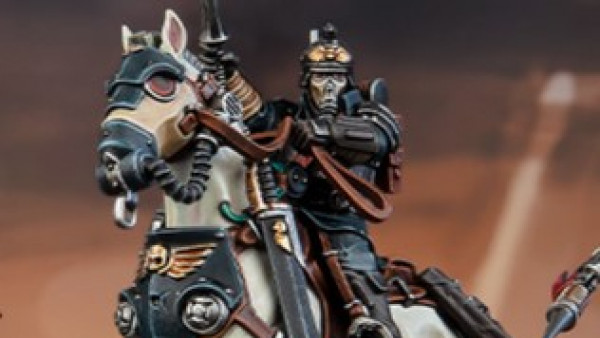
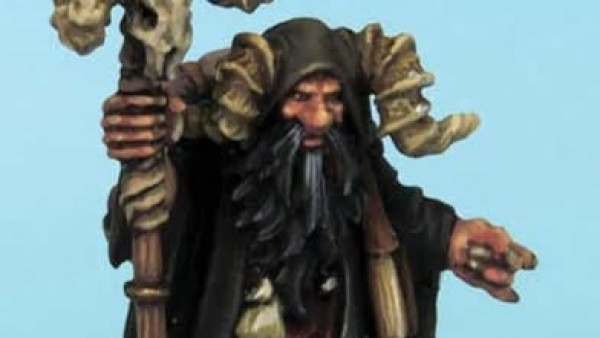
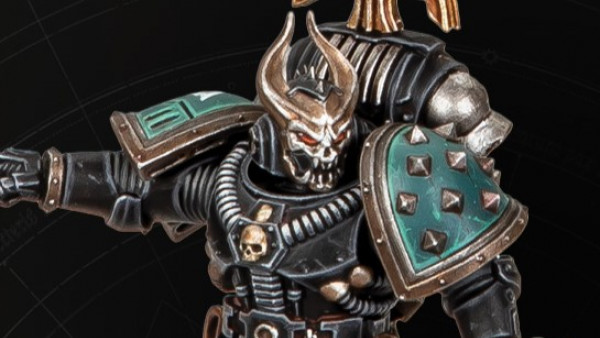
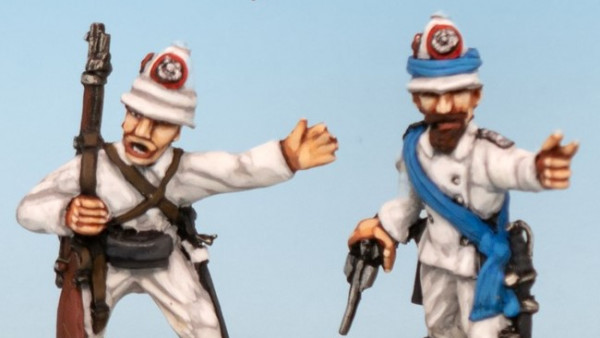
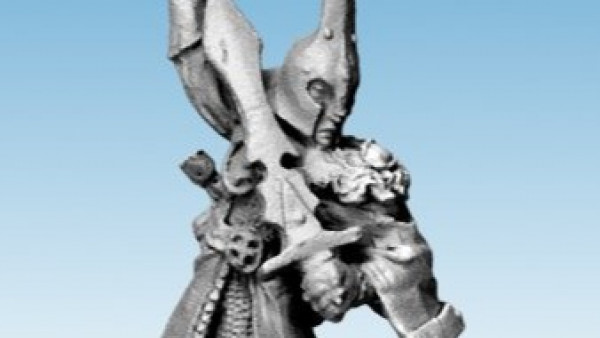
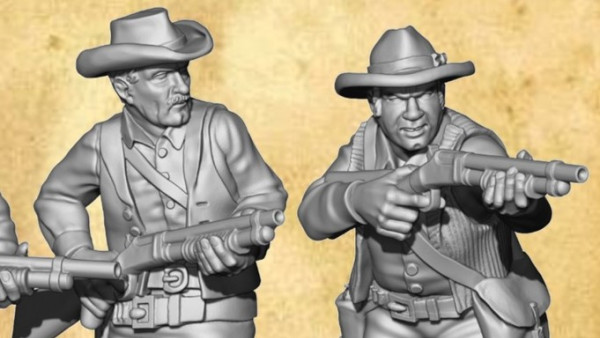
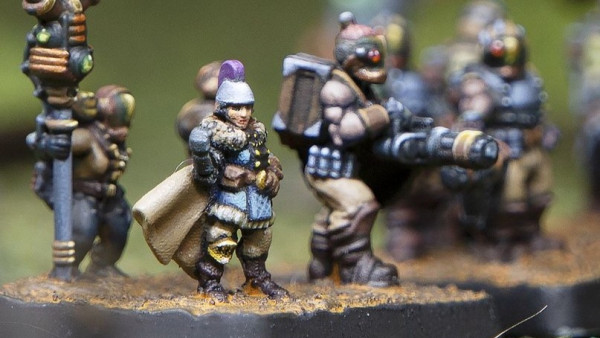
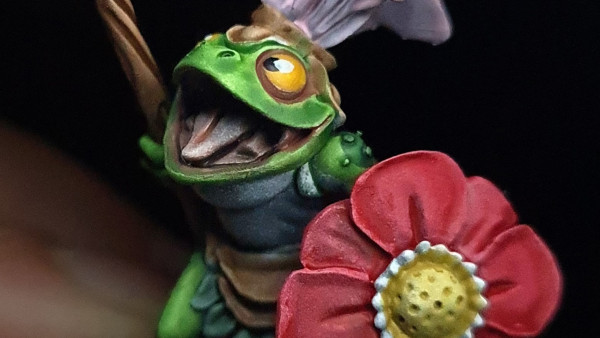




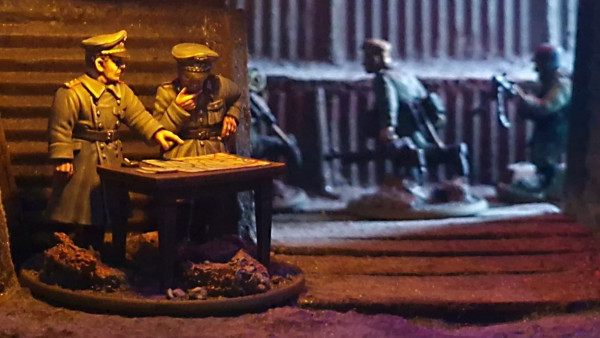


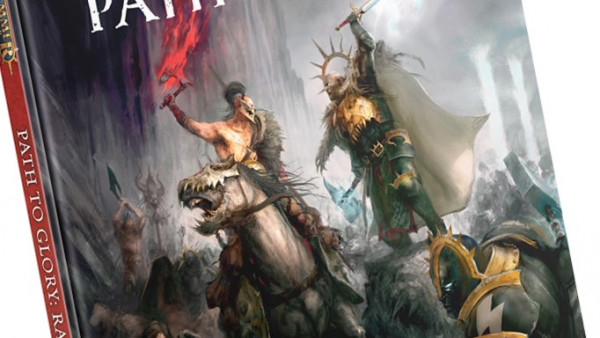


Leave a Reply